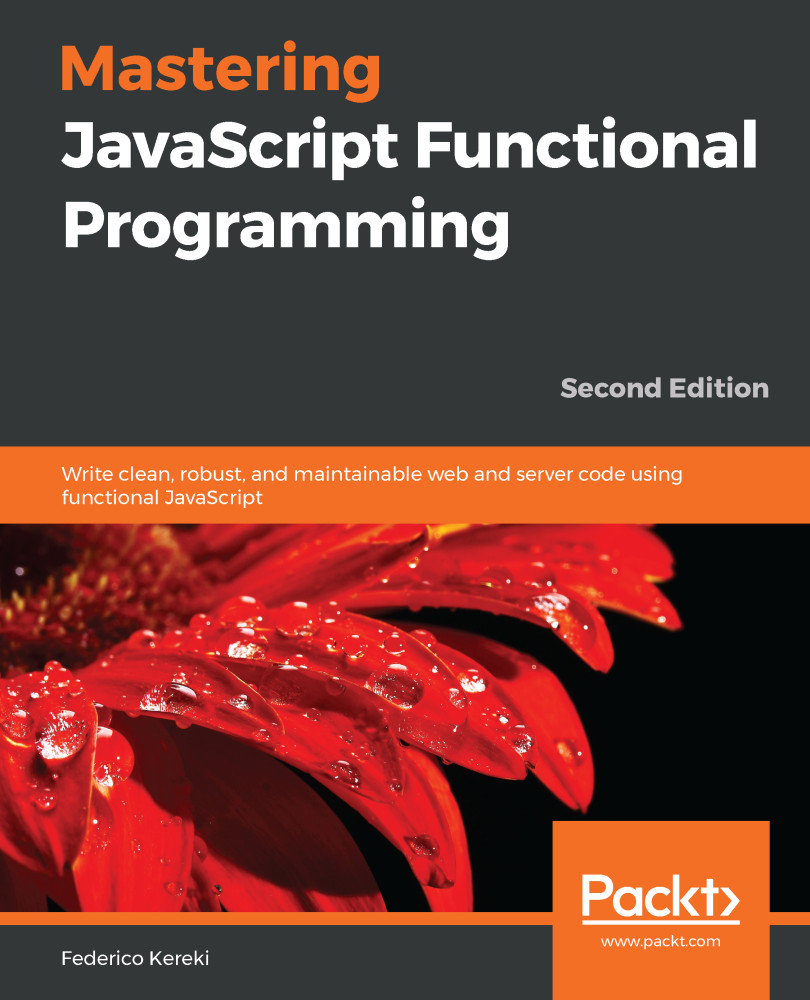The first set of operations that we are going to consider work on an array and process it in the base of a function to produce some results. There are several possible results: a single value with the reduce() operation; a new array with map(); or just about any kind of result with forEach().
If you Google around, you will find some articles that declare that these functions are not efficient because a loop done by hand can be faster. This, while possibly true, is practically irrelevant. Unless your code really suffers from speed problems and you are able to measure that the slowness derives from the use of these higher-order functions, trying to avoid them using longer code, with a higher probability of bugs, simply doesn't make much sense.
Let's start by considering the preceding list of functions in order, starting with the most general of all, which...


